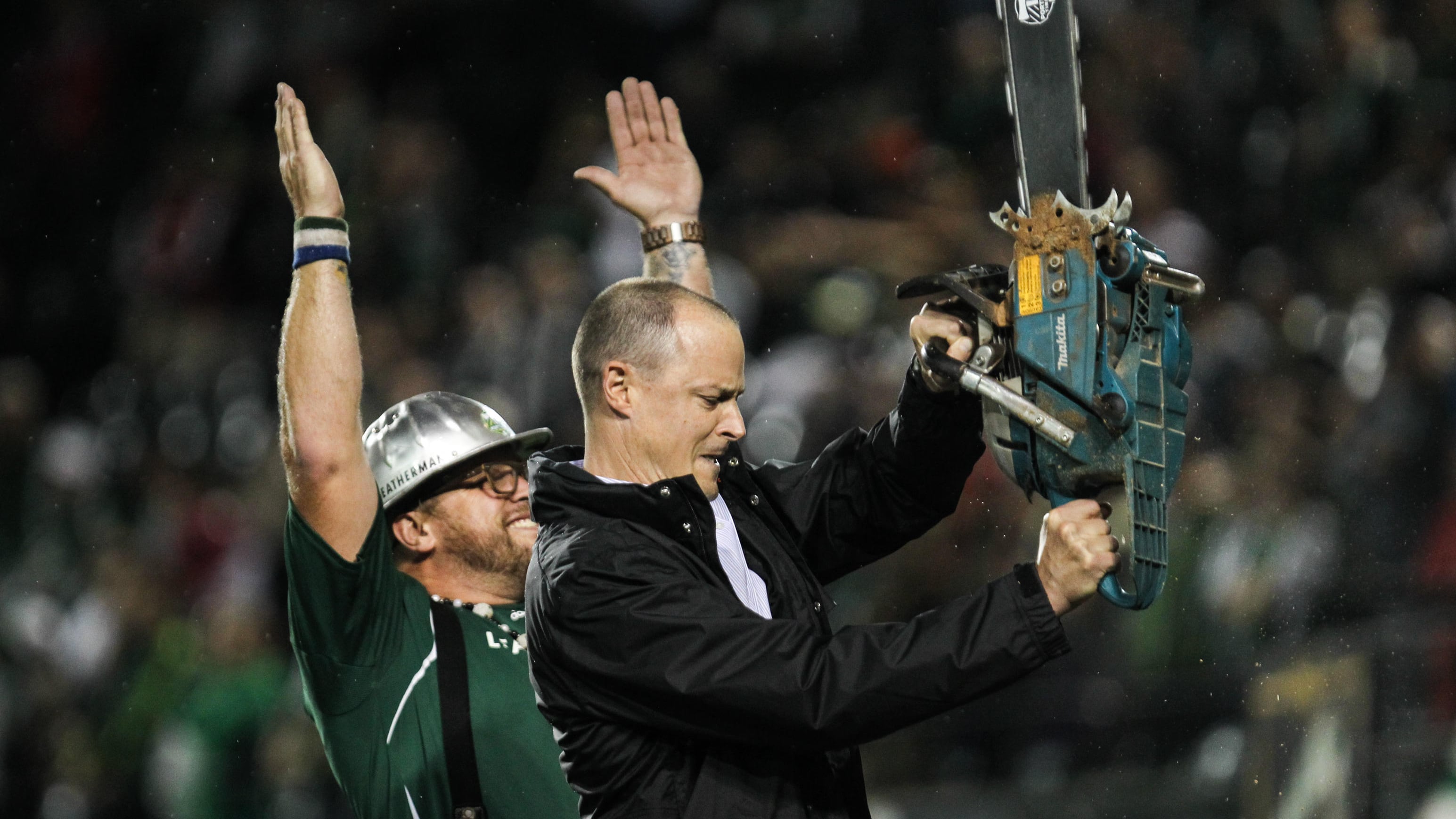Last year, a Dallas-based private equity firm, Arctos Sports Partners, quietly bought a 15% stake in the Portland Thorns and Timbers professional soccer teams.
The sale, first reported by Sportico, a website that covers sports business, valued the teams at $600 million.
The sale takes on added significance now as owner Merritt Paulson negotiates to sell the Thorns women’s team and hang on to the Timbers, as reported by WW last week. Arctos likely has a seat at the bargaining table.
Unlike Paulson, who bought the Timbers in 2007 because he loves sports, Arctos is interested in profit. Ian Charles, one of Arctos’ two managing partners, is a private equity veteran. Before starting Arctos, Charles was a partner at Landmark Partners, another private equity firm that had $18.7 billion under management at the end of 2020, just before it was sold to rival Ares Management Corp. for more than $1 billion.
Private equity firms, also known as leveraged buyout firms, are investment companies that very often buy entire companies, not just shares in them. They put up some of their own cash and often borrow billions of dollars to take down huge corporate targets.
“LBO” became a household term in 1988 when KKR & Co. paid $25.1 billion for snack maker RJR Nabisco. Closer to home, a buyout firm called Wasserstein & Co. paid $253 million for Harry & David, the Oregon fruit company, in 2004. Under Wasserstein’s ownership, Harry & David borrowed $200 million that it couldn’t pay back and went bankrupt in 2011.
Arctos didn’t return emails from WW. Its website shows that Charles, for one, is more of a financial engineer than a sports fan. At Landmark, his biography says, Charles “helped design and execute the firm’s private equity strategy, helped build the firm’s quantitative research group” and “sourced and structured large, innovative liquidity transactions across the firm’s investment verticals.”
His co-managing partner, David “Doc” O’Connor, is more of a sports guy. Like Paulson, and his father Hank, O’Connor is a graduate of Dartmouth College, where he was “a four-year letterman in lacrosse.”
Before joining Arctos, O’Connor was president and CEO of Madison Square Garden Co., which owns the New York sports venue of the same name, and both the New York Knicks and New York Rangers.
O’Connor got his start in the mail room at Creative Artists Agency. He became an agent and represented Sean Connery, Robert Redford, Eddie Murphy, Michael Douglas and Bruce Willis, his bio says. He helped build CAA’s sports business and left the firm as managing partner in 2015.
Arctos’ website makes it clear it has as much in common with Wall Street as it does with Lambeau Field or Fenway Park, even though it owns stakes in 18 sports teams, according to Sportico. Last year, Arctos took a 13% stake in the Golden State Warriors NBA team, according to The New York Times.
Arctos’ website features a “confidential presentation” marked “Confidential, Proprietary, and Trade Secret.” It’s titled “Sports are Real Assets: The Case for Inclusion.”
Among the takeaways in the not-so-secret slide deck: “Both sports franchises and traditional real assets are inflation-protective, diversifying investment opportunities in assets with intrinsic value due to their fundamental properties.”
And: “Like traditional real assets, the franchise is then monetized via stable, contracted and reoccurring revenues from licensing, analogous to long-term leases in real estate or purchase agreements in power and infrastructure.”
Insights like that indicate that Arctos’ investors didn’t take a stake in the Timbers and the Thorns because they are soccer fans. Like all private equity firms, they will be looking for a return.
By contrast, a group of fans, Onward Rose City, has pitched Paulson on selling the teams to them. They have commitments for $9.2 million so far. Even if Paulson found a soft spot in his heart and included fans in some kind of sale, a group like Onward Rose City would likely find Arctos at the table, with spreadsheets.
Paulson declined several requests by WW for an interview for this week’s cover story.

